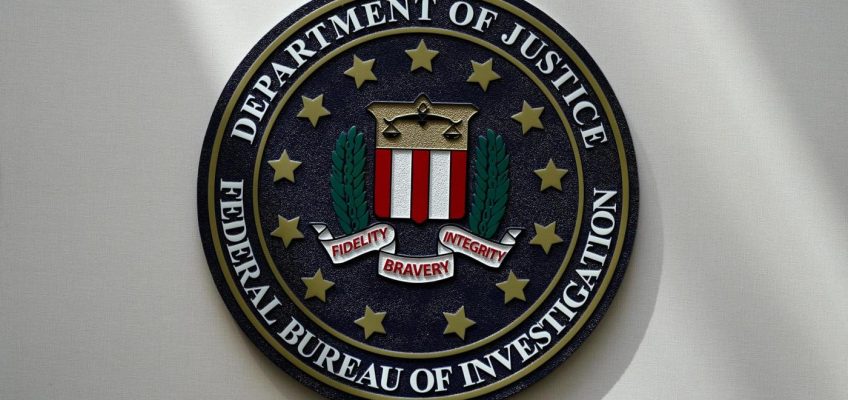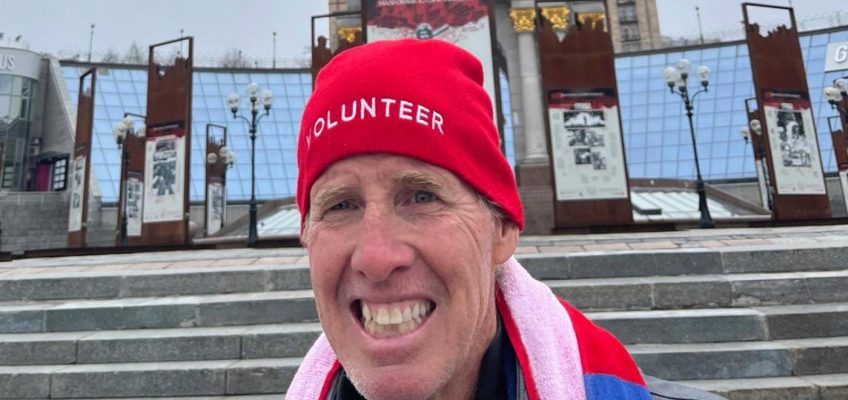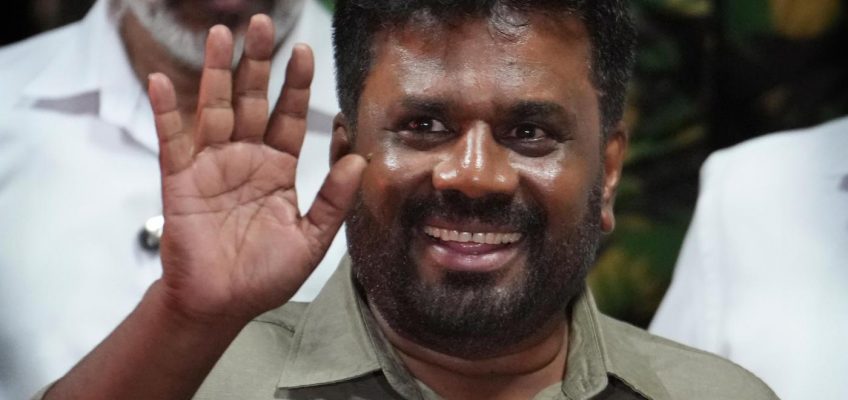By ALANNA DURKIN RICHER, Associated Press
WASHINGTON (AP) — Violent crime in the U.S. dropped in 2023, according to FBI statistics that show a continued trend downward after a coronavirus pandemic-era crime spike.
Overall violent crime declined an estimated 3% in 2023 from the year before, according to the FBI report Monday. Murders and non-negligent manslaughter dropped nearly 12%.
Violent crime has become a focal point in the 2024 presidential race, with former President Donald Trump recently claiming that crime is “through the roof” under President Joe Biden’s administration. Even with the 2020 pandemic surge, violent crime is down dramatically from the 1990s.
Here’s what to know about the FBI’s report and the state of crime in the U.S.:
_____
The numbers
Crime surged during the coronavirus pandemic, with homicides increasing nearly 30% in 2020 over the previous year — the largest one-year jump since the FBI began keeping records. The rise defied easy explanation, though experts said possible contributors included the massive disruption of the pandemic, gun violence, worries about the economy and intense stress.
Violent crime across the U.S. dipped to near pre-pandemic levels in 2022, according to the FBI’s data. It continued to tick down last year, with the rate falling from about 377 violent crimes per 100,000 people to in 2022 to about 364 per 100,000 people in 2023. That’s just slightly higher than the 2019 rate, according to Deputy Assistant Director Brian Griffith of the FBI’s Criminal Justice Information Services Division.
“Are we looking at crime rates at a return to pre-pandemic levels? I think a reasonable person would look at that and say, ‘Yes, that’s what has happened,’” Griffith said in an interview with The Associated Press.
Law enforcement agencies in the biggest municipalities in the U.S. — communities with at least 1,000,000 people — showed the biggest drop in violent crime last year — nearly 7%. Agencies in communities between 250,000 and 499,999 people reported a slight increase — 0.3%— between 2022 and 2023.
Rapes decreased more than 9% while aggravated assault decreased nearly 3%. Overall property crime decreased more than 2%, but motor vehicle theft shot up nearly 13%. The motor vehicle theft rate — nearly 319 per 100,000 people — was the highest last year since 2007.
The limitations of the FBI’s data
The FBI collects data through its Uniform Crime Reporting Program, and not all law enforcement agencies in the U.S. participate. The 2023 report is based on data from more than 16,000 agencies, or more than 85 percent of those agencies in the FBI’s program. The agencies included in the report protect nearly 316 million people across the U.S. And every agency with at least 1 million people in its jurisdiction provided a full year of data to the FBI, according to the report.
“What you’re not seeing in that number are a lot of very small agencies,” Griffith said.
Other crime reports
The FBI’s report is in line with the findings of the nonpartisan Council on Criminal Justice, which earlier this year analyzed crimes rates across 39 U.S cities, and found that most violent crimes are at or below 2019 levels. That group found there were 13 percent fewer homicides across 29 cities that provided data during the first half of 2024 compared the same period the year before.
On the campaign trail, Trump has cited another recent Justice Department survey to suggest the crime is out of control under the Biden administration.
That National Crime Victimization Survey, released earlier this month, shows that the violent crime victimization rate rose from about 16 per 1,000 people in 2020 to 22.5 in 2023. But the report notes that the rate last year was not statistically different from the rate in 2019 — when Trump was president. And the rate has declined dramatically overall since the 1990s.
The FBI’s report and the National Crime Victimization Survey use different methodologies and capture different things.
The victimization survey is conducted every year through interviews with about 240,000 people to determine whether they were victims of crimes. While the FBI’s data only includes crimes reported to police, the victimization survey also aims to capture crimes that were not.
Because it’s done through interviews with victims, the victimization survey doesn’t include data on murders. And it only captures crimes against people ages 12 and over.




